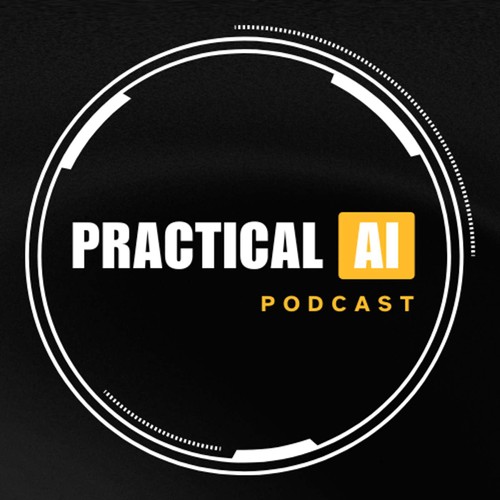
 Practical AI
Practical AI Metrics Driven Development
10 snips
Aug 29, 2024 Shahul Es, Co-founder of Ragas, discusses innovative approaches to evaluating LLM applications. He emphasizes the significance of Metrics Driven Development to systematically measure and enhance performance. The conversation contrasts assessing LLM applications with evaluating models, highlighting the need for tailored metrics and synthetic test data. Shahul shares insights on creating clear standards for better enterprise adoption, ensuring responsible and high-quality AI solutions. Tune in for an engaging deep dive into AI's evolving landscape!
AI Snips
Chapters
Transcript
Episode notes
LLM Application vs. LLM Evaluation
- Evaluating LLM applications differs from evaluating LLMs themselves.
- Application evaluation focuses on how well the LLM integrates into a specific use case, not general capabilities.
AI Integration Testing Mindset
- When integrating AI, think in a continuous space, not discrete.
- Outputs can vary; there's a gray area instead of binary pass/fail.
Metrics-Driven Development
- Metrics-driven development helps quantify LLM application performance.
- Track metric changes when altering components to understand the impact.
